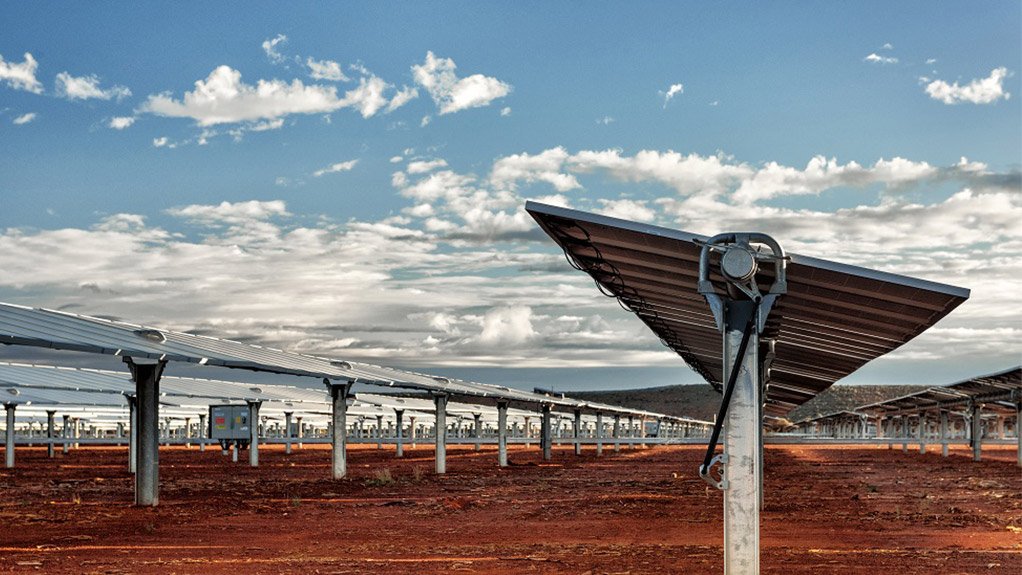
+27 (0)21 831 6100
20th Floor · The Halyard · 4 Christiaan Barnard Street · Foreshore · Cape Town · 8001 · South Africa

PPA signings open up a sustainable energy vision for South Africa, Africa – Juwi
The power purchase agreements (PPAs) signed by State-owned power utility Eskom earlier this month ended three years of waiting and uncertainty and it is a significant step towards a truly sustainable energy vision for South Africa and Africa as a whole, says solar energy equipment supplier Juwi.
“The signing [of PPAs for] 27 Renewable Energy Independent Power Producer Procurement Programme (REIPPPP) projects will enable R56-billion of new investment in the economy over the next two to three years, which will immediately contribute to significant growth in the economy and job creation,” says Juwi MD Greg Austin.
According to the Department of Energy, the 27 projects are expected to create 58 419 full-time equivalent jobs for South African citizens, mostly during the construction period and mostly for the youth between the ages of 18 and 35 years.
“Renewables have massive job creation potential. In future, even more local content and ownership will be required in renewable developments, leading to even higher job figures,” notes Austin.
The three bid window four solar photovoltaic projects that Juwi will build and operate in the coming years will create more than 5 000 jobs during both the construction and operational phases.
GLOBAL INVESTMENT
Austin explains that, since 2015, more money has been invested globally in renewable energy than in all other power generation sources combined. In 2017, some 58% of all energy investments went into renewables, while less than 10% has been invested in nuclear.
According to Bloomberg’s ‘New Energy Outlook 2017’ report, $10.2-trillion is expected to be invested in new power generation capacity worldwide to 2040. Of this, it is anticipated that 72% will go to renewable energy.
The report also states that wind and solar will account for 48% of installed capacity and 34% of electricity generation worldwide by 2040.
“Money managers look at risk and return – renewable energy ticks both [of] these boxes and the introduction of hybrid and other storage solutions offers added security,” comments Juwi global business initiatives head Amiram Roth-Deblon.
He adds that the renewable energy sector brings real socioeconomic benefits to residential, commercial and industrial users in South Africa.
“However, it is crucial that we learn from the recent past so that the REIPPPP is not a stop-start process, but is sustained within a structured energy vision that feeds into the Integrated Resources Plan and aligned government policy,” says Austin.
ENERGY VISION
“In the context of what we now have – a monopolised electricity sector that is in a weak financial shape – we need to seize the opportunity to restructure a new system where Eskom is still a partner in the energy programme; where underperforming and end-of-life coal mines are decommissioned; and where South Africa takes the lead in Africa for renewable energy development,” Austin points out.
He suggests that South Africa aim to achieve a minimum of 100 GW of renewables within the next 30 years.
“Eskom should be embracing and supporting a master energy vision for the country at the forefront of which should be renewables, which are more cost effective and attractive to investors and have the highest job multiplier effect of all generation technologies.
“Eskom must be a key player, but not the player,” Austin concludes.




